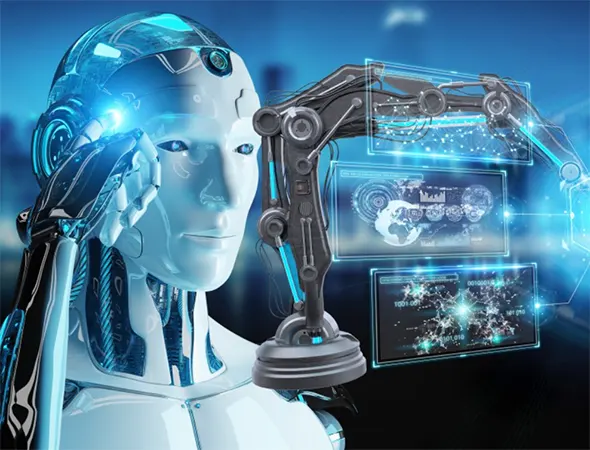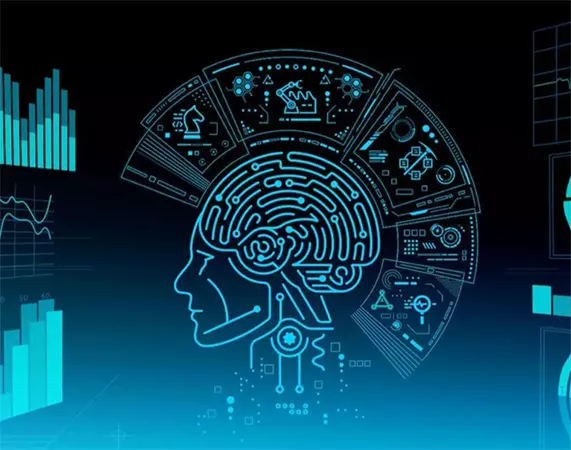
Researchers have charted the scope and degree of the most ambitious artificial intelligence projects in the world in a sweeping new study that shows how these vast deployments totaling roughly $48 trillion are changing the delivery of the world’s largest AI project.
The research shows how the main engine driving everything from infrastructure growth to huge industrial systems, artificial intelligence is no longer a specialized technology. Organisations are progressively incorporating artificial intelligence into project planning, implementation, and monitoring, hence transforming project conception and management. Analysts observe that several megaprojects rely on artificial intelligence not only for optimization but also as a fundamental part.
AI systems are being used to predict, adapt, and automate from predictive maintenance in energy grids, supply chain orchestration for international manufacturers, or risk modeling for construction projects. The size of the investment emphasizes that these are business-level systems with operational and financial weight, not pilot tests. Rather than a measure of artificial intelligence itself, the $48 trillion figure cited in the study is the total value of projects affected by AI chip optimizations throughout industries and regions, which makes it the world’s largest AI project.

Essentially acting as a multiplier, artificial intelligence is pushing project managers to embrace it or risk falling behind. Nevertheless, the study is sure to point out that the change is not smooth. Some companies have problems with legacy systems, scattered data, or talent gaps. Rather than importing ready-made artificial intelligence into unknown environments, the successful attempts often come from those who combine data science with domain knowledge.
Rising expectations also mean bigger risks: algorithmic prejudice, opaque decision-making, and model drift all threaten to degrade outcomes if regulation and oversight are lax. The research emphasizes that governance systems, openness, and risk governance have to change in line with the complexity of the AI models (Claude AI changes privacy policy). Over the next ten years, according to the experts, artificial intelligence will propel a change from project execution to project orchestration, that is, where people and computers work in sync with more autonomy.
